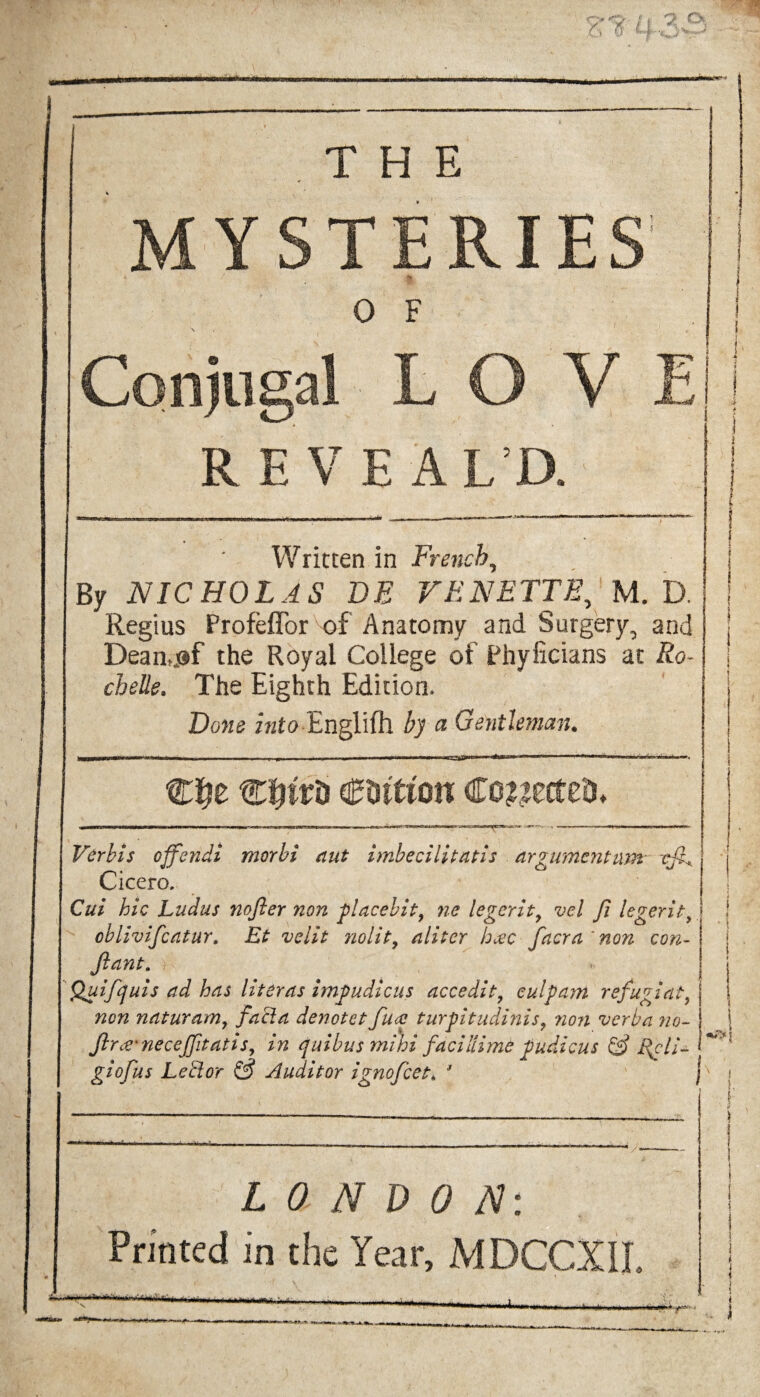“To be in love is merely to be in a state of perceptual anaesthesia”
It goes without saying when it comes to older texts, the views expressed by the authors do not necessarily reflect society’s current attitudes towards relationships, but more so offer insight into past mentality – which itself is important to reflect on.
The title quote comes directly from George Ryley Scott’s 1929 publication, “Sex and its Mysteries”. Ryley Scott was a prolific British writer of predominately sex, sex work and sex symbolism, but strangely enough also had several very successful books of the histories of corporal and capital punishment – a man of many interests, it seems.
Sex and its Mysteries, as described by the author, looks to forgo conspiracies to teach the youth of the day, the science and sociological aspect of sex in a matter-of-fact way. He covered topics like the functions of sex, sexual development, pregnancy, menstruation, libido, impotence, sterility, birth control, sex work, and the prevalence and prevention of venereal diseases like gonorrhoea and syphilis. It was essentially the equivalent to the modern-day sex education book.
.jpg?ver=L-rhZXmjOYhPT3dJjR4qgw%3d%3d)
LR17676
In 1920, W.M. Willis wrote the book, joyfully titled, “Wedded Love or Married Misery?” – a guide for the married or soon-to-be wed. Willis makes it vehemently clear, on the cover no less, that he wishes to challenge Marie Stopes on her “widespread propaganda” of birth control. On that note, he discussed topics such a love and “commercialised” love, continence, the psychology of women, as well as advice for young girls. From my brief look at the book, it seems Willis was of the opinion that not only was Marie Stopes promoting immorality, but that everything that could go wrong in a marriage was ultimately the woman’s fault.
.jpg?ver=C5AZ6WAMdBLwvSKEQn7P4w%3d%3d)
LR17507
The oldest book on this list, “The Mysteries of Conjugal Love Reveal’d”, written by Nicholas de Venette and published in 1713, outlines how the book can help women control their “amorous Inclinations”, as well as manage the reputation of their daughters and be dutiful to their husbands. The chapters explore topics such as virginity, libido, how many times can one have sex with one’s wife in a night, whether men experience more pleasure, the manner in which married people touch each other, aphrodisiacs, divorce, whether children are bastards or legitimate when resembling their father or mother, and whether women can conceive without men, to name but a few.

LR11544
I have added a few extra titles that interested/perplexed me below.
Saying all that, I think I’ll take some flowers and chocolates instead…
You can of course explore our library catalogue for yourself, by clicking here.
Chiará Morgan
Assistant Keeper of Collections